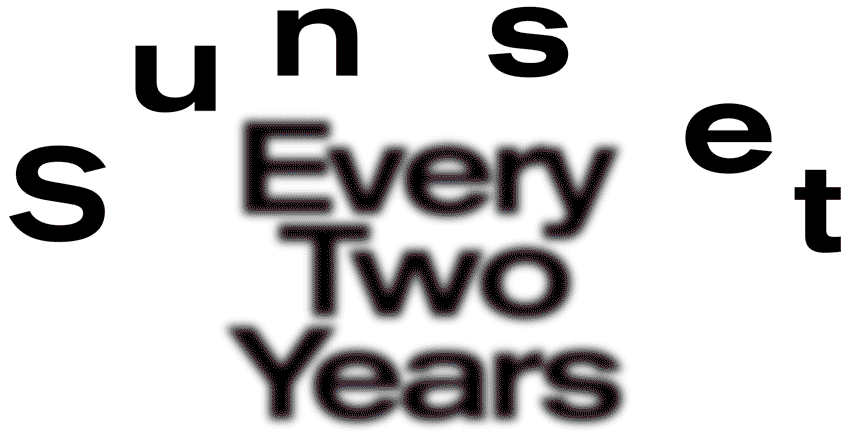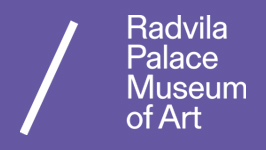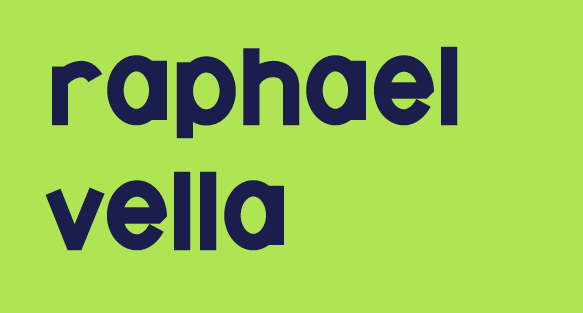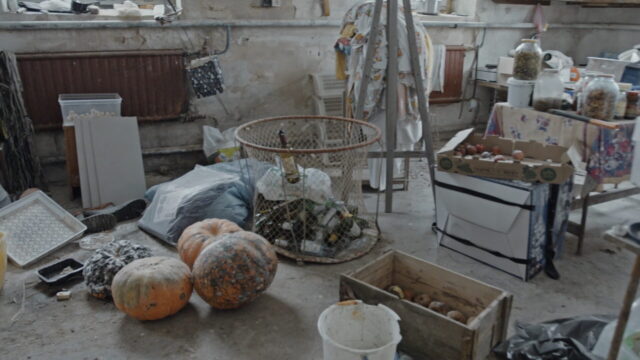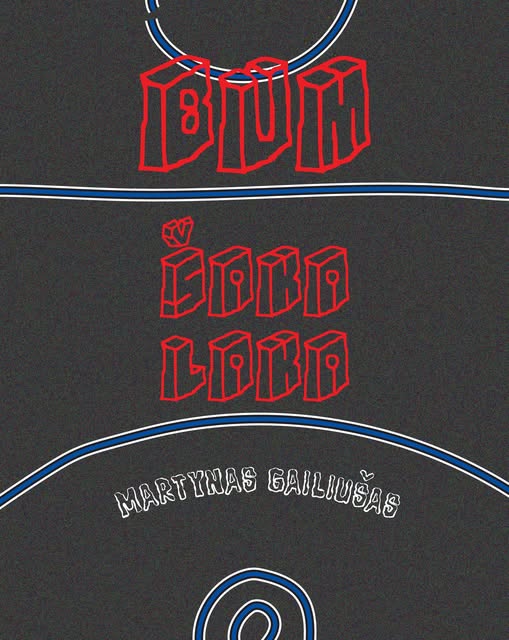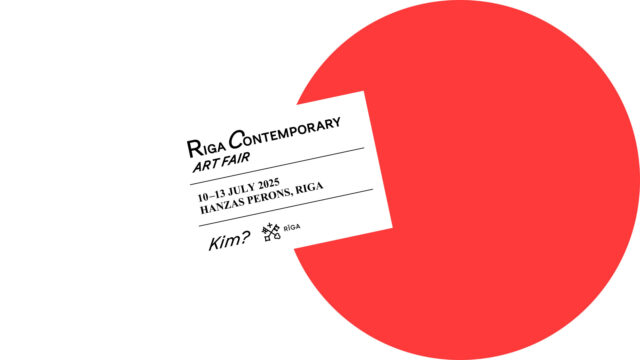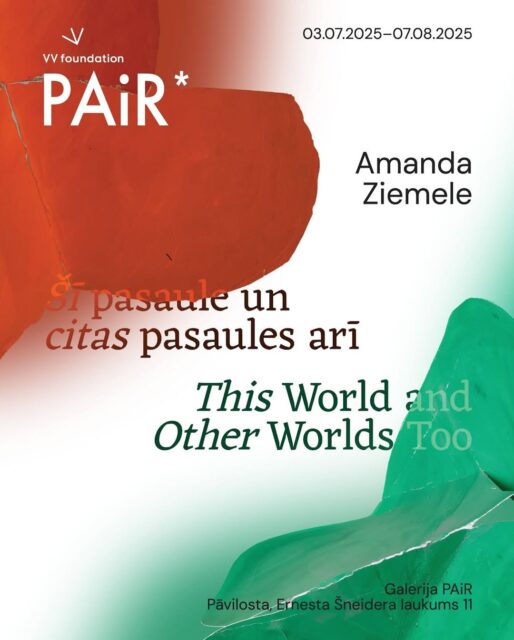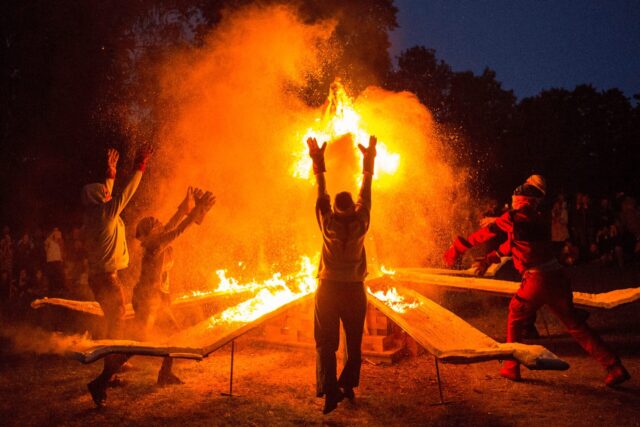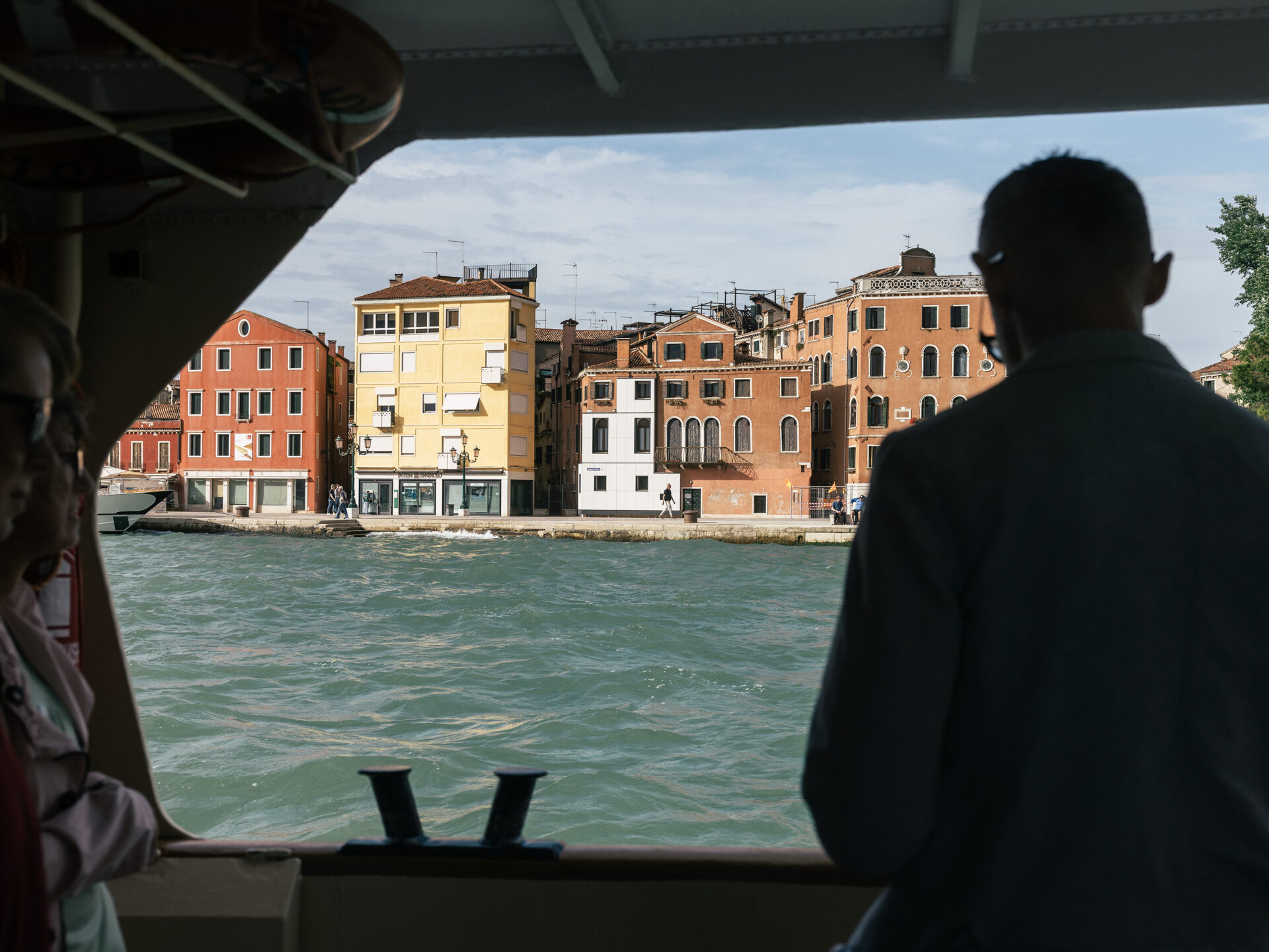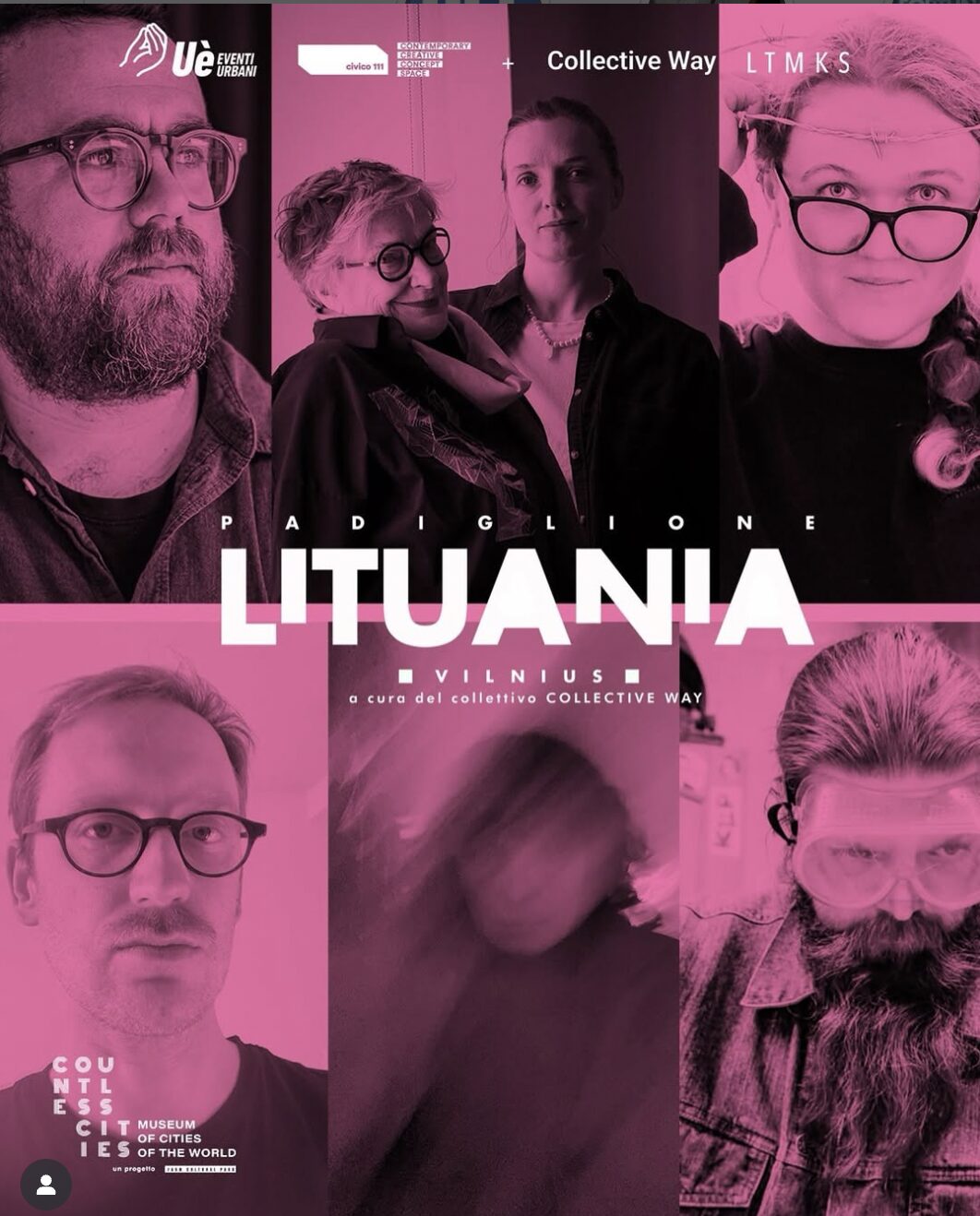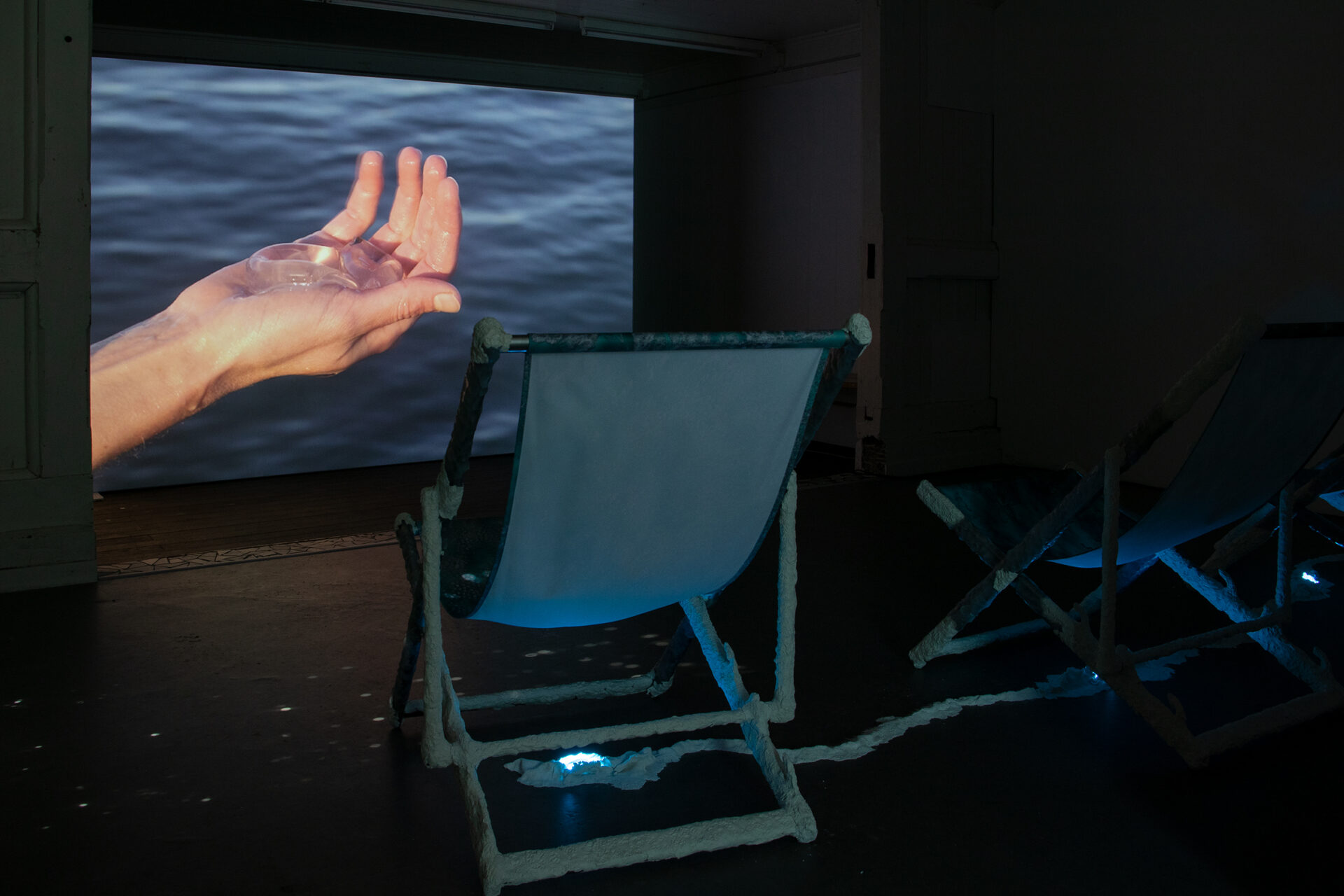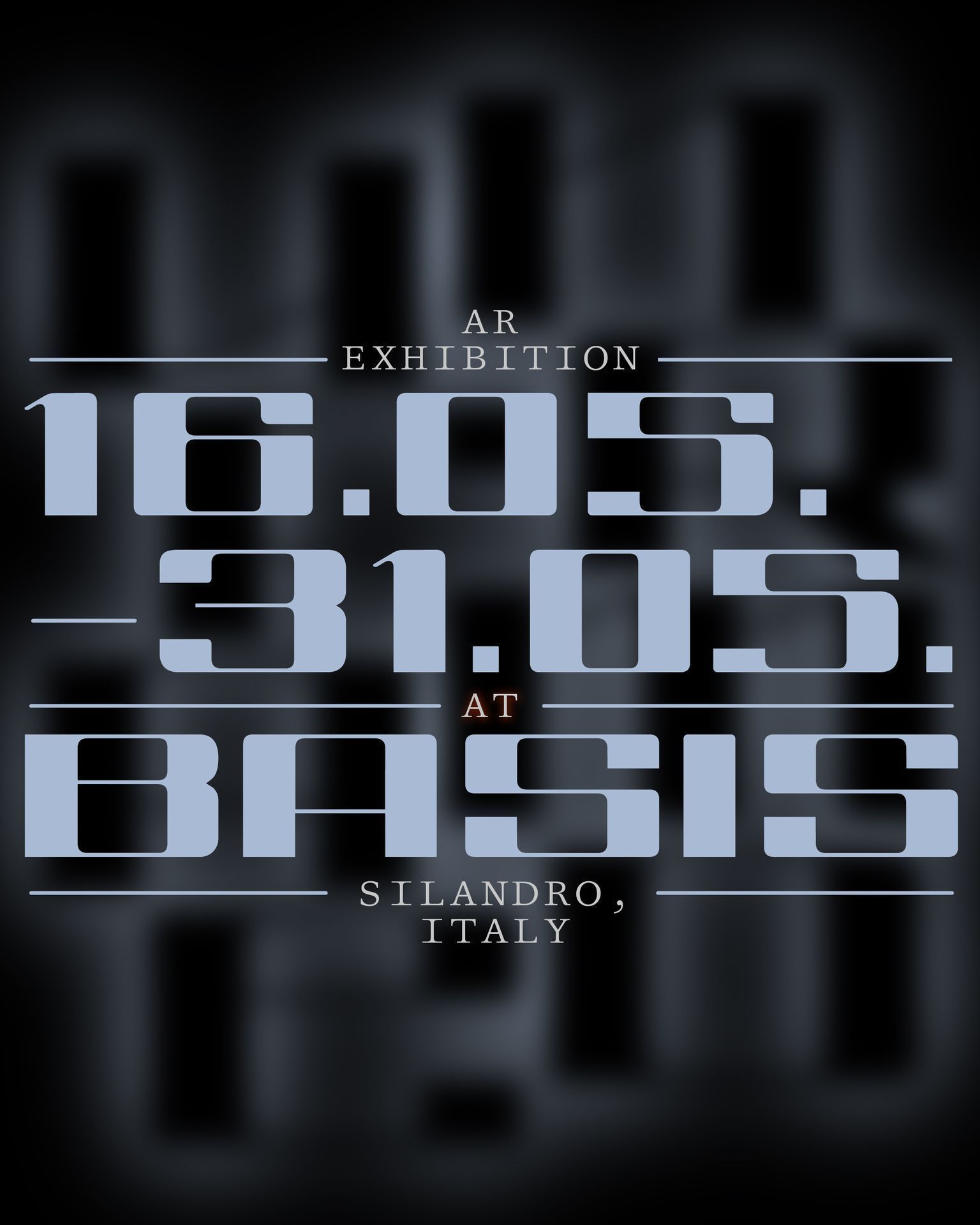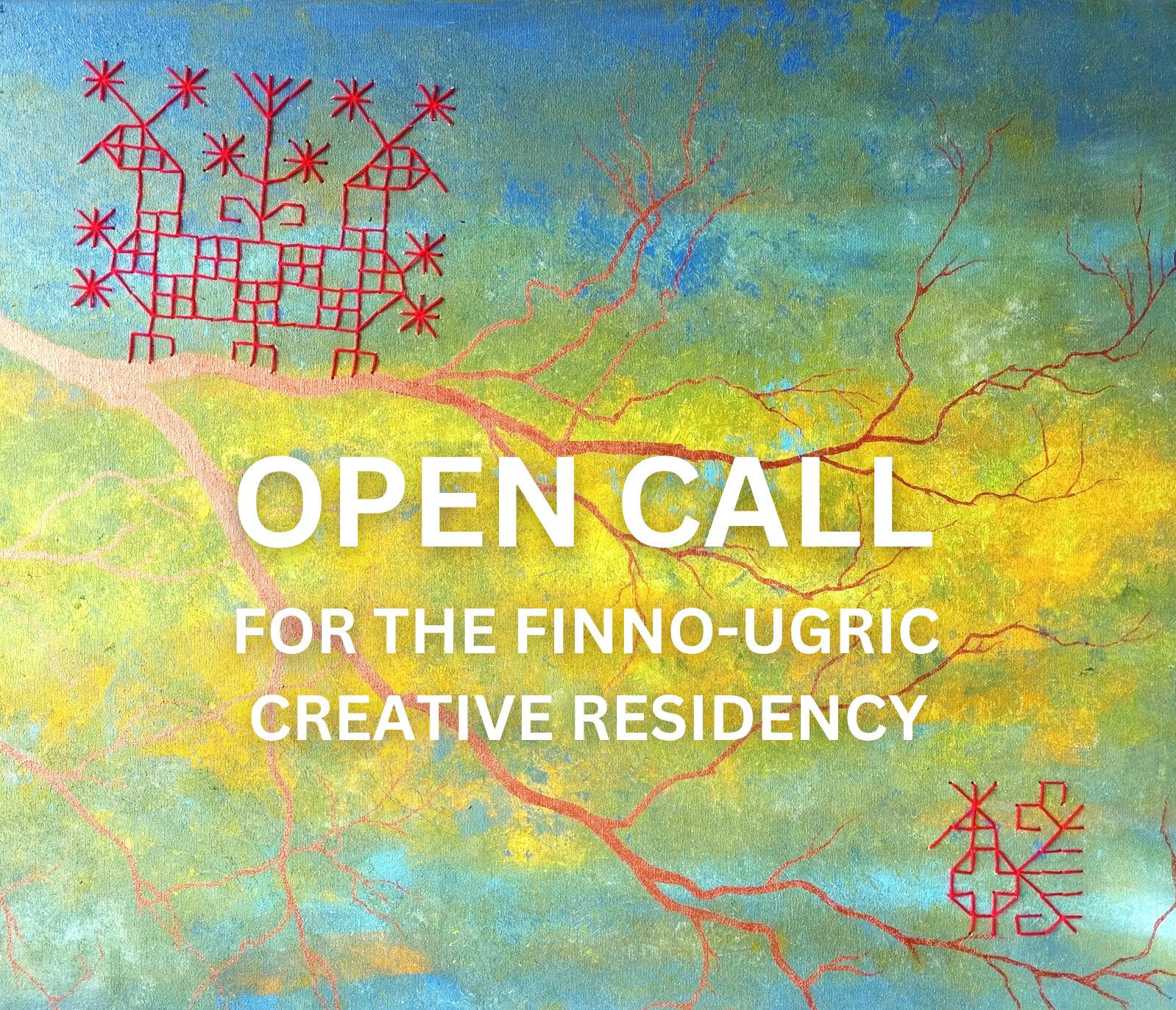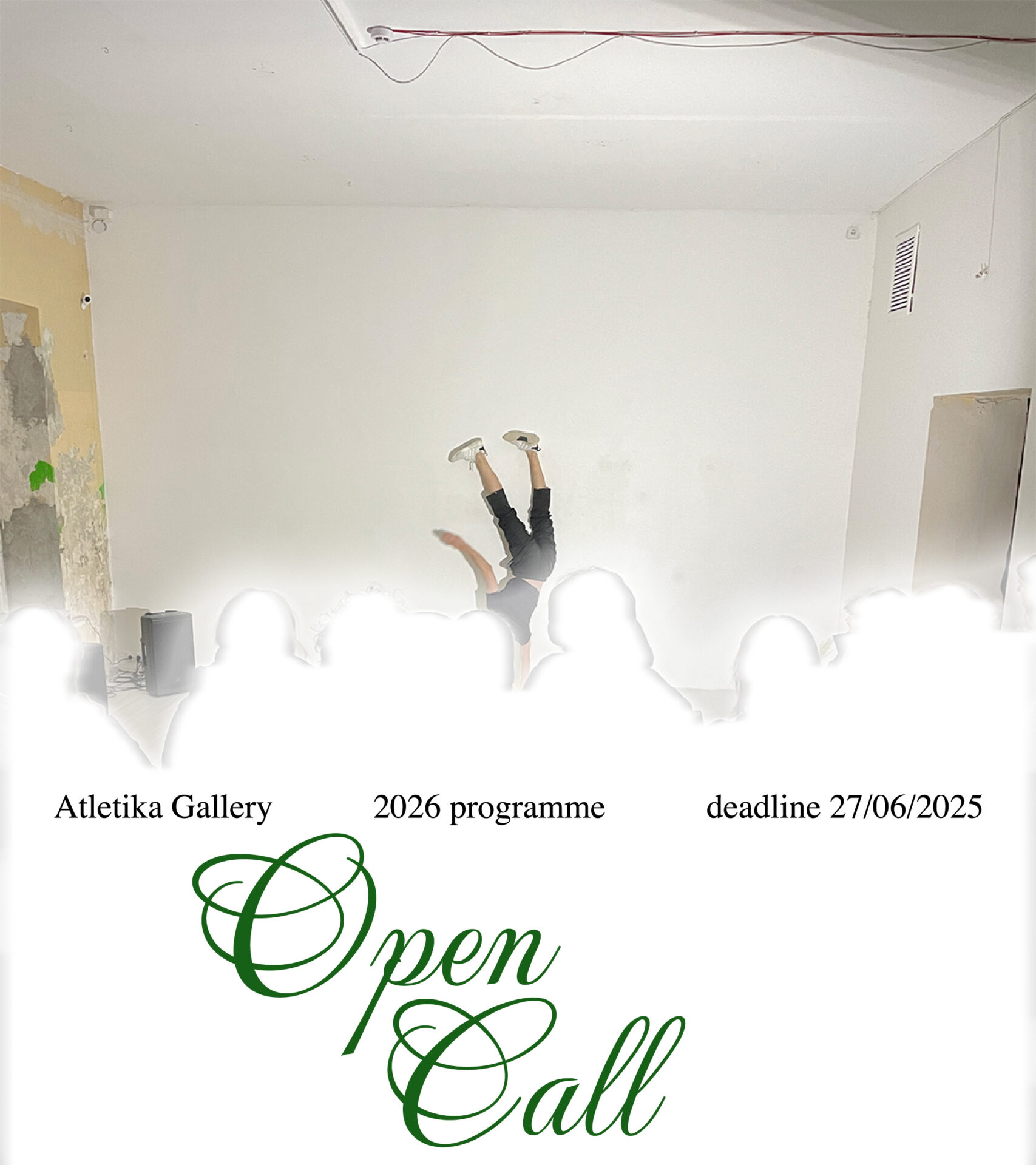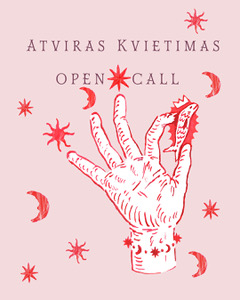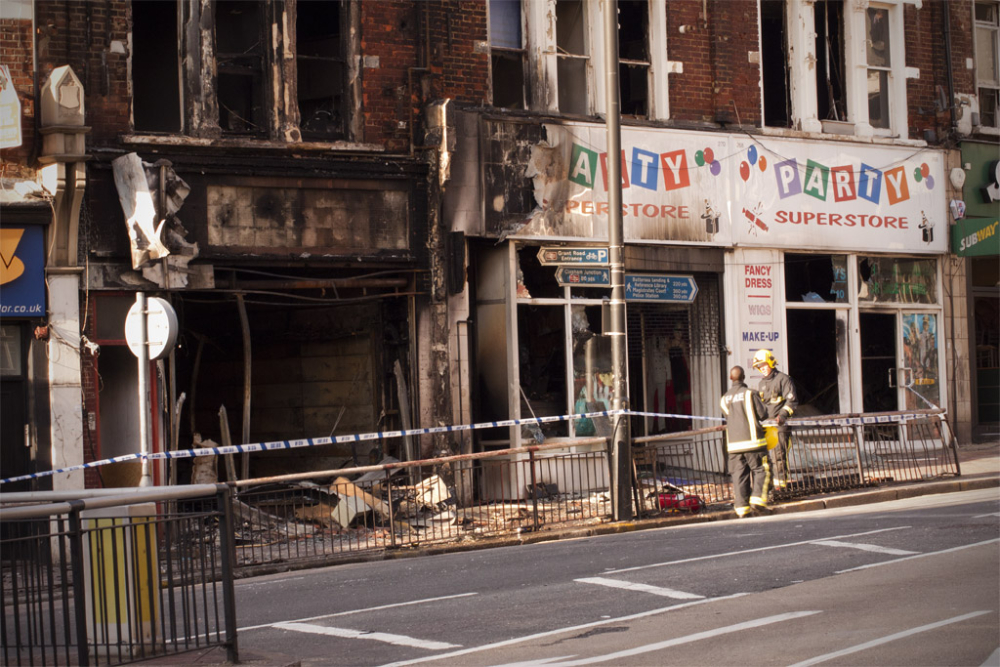
Clapham during the 2011 London Riots, photograph by bayerberg
“He was more a man of preferences than assumptions.”
Herman Melville, Bartleby the Scrivener
This text is a response and feeds upon a great text by Tomas Čiučelis: “Hypocritical Notes”. Some parts of this text should not be considered to simply be criticisms of his text; the other parts should not be considered to parasitically attach to his text as if by little hooks and build their own habitat on it. I discovered my discourse to be going in circles that, at some points, overlap with the discourse of T.Č.’s text, fully agreeing with it and coming to homogeneous conclusions, only to off away once more: a movement that is, to my mind, Benjaminian (Benjamin of the introduction to “The Birth of German Tragic Drama”) and could be prolonged infinitely. It starts with important questions to add to the ones that T.Č. brought up, i.e.: what kind of witness do we want, or, to go even further, what is a witness?
Let us be just a little Žižek about it: he, in his amazingly gentle take on Deleuze in a text named “Organs without Bodies” (would not those, in the Deleuzo-Guattarian jargon, be simply called desiring-machines?), he recalls the classic Stalinist accusation: “he lies as an eye-witness!” It made me recall another Soviet joke: a militia officer shouts out loud at a site of a car accident: “Comrades! Are there any witnesses?” To which an older lady responds: “I am one! What happened?” The punchline is, to think about it, quite acceptable: following both Lacanese or Deleuzo-Guattarian approaches, a witness does not have to know what has happened: they are subject to something a-subjective, an objective flow of either the Symbolical or the Real.
Here, Žižek stops. “What kind of lack, what kind of rarification would cause the words to come rushing in? And why start with this negativity of absence and lack, instead of relying on what has already been said and thus stressing the positivity of condensation, surplus, and overabundance?” But why must there be lack? The greatest trick that the lack pulled off was to convince the world that it exists. Why is an act of witnessing – an extremely important act of hypocritical witnessing, to which we will come back later – considered to be made possible by lack? Why cannot it be an impersonal flow in itself, without a causal relation that tracks its genesis, why cannot it be part of the virtual life that is infinitely richer than the perceived reality, an impersonal and, at the same time, counter-repressive flow in itself?
T.Č. thinks that this is clearly evidenced by a moment of “lack of words that a witness experiences after encountering the workings of power.” But why equate an act with its representation, with language, i.e., why equate a flow with a structure? The moment of confusing silence appears not because there is a lack in witnessing, but because there is a lack in language, introduced so that very structures of representation could exist. But, for the witnesses that I am interested in, it is but an interruption, a moment of silence that enables the witnessing non-language to rush through: cry, laugh, hysteria, violent acts, flow of consciousness, inability to stop talking… These will be forced to negotiate and, to some extent, collaborate with language, but only due to the tradition of lack of means outside of representation, and the general non-acceptability of the non-representable. Only that who seeks to witness in language, fully in the same language that was brought about by the power homogeneous to the one witnessed, will neurotically struggle to make the two coincide: probably, only to fail and manifest this failure by “coping” rationalisation and internalisation. Here is the first time our desired discourses overlap and we agree: “even if the experience can never be paraphrased nor can it be fully exhausted by descriptions, confessions, or avowals”. Only to diverge from this point on, as T.Č. seeks to abandon his own discovery (that it is impossible to describe in witnessing) and I want to stick with it. He thinks that it is a failure of witnessing: I think it is a failure of describing. Is it really morality and deliberation, in this gap of agency, or is it but the objective defenses of desiring to comfortable stay in language against the desire to express that which is non-representable? I.e., is not the gap of agency but a matter of strengths and weaknesses?
Only when language, the personal and the lack – that was introduced non-ontologically, or at least non-primarily – are overcome or cannot suffice, does the witnessing rush through. Any other kind of witnessing, ultimately, is only a symptom that strengthens the affiliation to trauma, deferring its solution – or at least escape from it – again and again. Is it not the worst part of the academia as we have it now, that its acts of witnessing are on the side of Kantianism, criticising institutions ideally but going along with them practically? One can continue to be comfortably embedded – keep their personal and their trauma – while constantly deferring the solution or the act, usually in the form of “teaching the young’uns”, or, to paraphrase Faust, preaching the Word against the Deed. It is not at all hard to theoretically pinpoint where this lifeline suffocates itself: exactly when the endless proliferation of deferred witnessing gets convoluted in itself and forgets the material, non-personal flow that was the fuel of this witnessing in itself. It is not the Symbolical, then: it is a witnessing of deadly non-innovative repetition, pushing sofas and chairs into their new spots, reorganising the same texts so as to keep the feeling of style.
Wikipedia says: “There is an inverse relationship between horror vacui and value perception, and commercial designers favour minimalism in shop window displays and advertising to appeal to affluent and well-educated consumers, on the premise that understatement and restraint appeals more to affluent and well-educated audiences.” It is true that the act of witnessing we are after expresses a horrible horror vacui, but there is no paradox involved: an act of witnessing is not a Mango shopwindow that must represent stylish burgeois value in its cold minimalism. A squatter friend claiming tax credit for his “removal business” once had to move a rich person’s belongings to her new apartment in Greenwich. He described her apartments, both lived-in and empty, as painfully clean and minimalistic, characterised by lonely sleek chrome surfaces and utter lack of objects. To him, it was surprising that such alienating uber-consumerist (he termed it “Scandinavian”) spaces can be inhabited at all. An act of witnessing is not a Greenwich thing: it is more of a squat-ish fear of absence, scavenger’s and hoarder’s effort to fill in the empty spaces with chaotically collected and thus extremely diverse objects from the bottom, with some clarity on what it is going to be, but never a projected line of happening: especially since it is not one’s and it is common. Is it “overabundance and condensation”? Most certainly: but it is overabundance and condensation of polyvocal trash. It is, inevitably, a cry, a rush of tears and laughter, and a torrent of words against the dams of silencing and minimalism, against the lack that wants to represent itself as absolute but always misses that little bit at the gap. It is only natural that every place unfilled by the New – New, again, in the sense of the radical betrayal and thus repetition of the Old, a theft from the Old – is perceived as a weak spot of their own defenses by the witness. Even after the torrent has been cleansed of the “unnecessary” bits and directed to mean something, flow as a river in the stability of its path, it retains this filling spontaneity. One is able to track that in T.Č.’s text, too: the impression that the beginning does not know its end, furthermore strengthened by its dedication to a recently dead friend (acquaintance?), is hard to miss.
“Can a witness, who decides to tell the truth, bypass the sanctioning institution of augur and censor?” Here, T.Č. is masterful in showing exactly that: how dictum is antagonistic to pre-dictability, the act of in-advance condemnation, which can be avoided – and that is the aim of every witness brave enough – by stating that what we are talking about is immediate, the truth “of what it is like”, the current situation, to put it shortly: the obvious. Otherwise, pre-diction will gnaw every attempt at emancipation and liberation by its old song of “will I not have told you so”: us, the left of the former-USSR, should be weary enough of that by now. We should be claiming that revolutionary witnessing is not a sign, and therefore not fully recognisable, with all of the Old backing the New exactly by being fiercely criticised by ourselves. In the words of the same Deleuze quoted by Žižek, “they’re constantly confusing two different things, the way revolutions turn out historically and people’s revolutionary becoming… Men’s only hope lies in a revolutionary becoming: the only way of casting off their shame or responding to what is intolerable.” If the witness is not responsible for their utterances, so must the market be perceived for its turnings-sour, too: there is no place for law here, unless we want the historical part and the reformative “justice”. If witnessing is objective, so must responsibility and anger be directed objectively, i.e., both towards objects and as object, most desirably – as the shame and the intolerable, both of which must be cast off. Augurs in this situation would be almost welcome, especially given their fascinating position and a claim at objectivity, way more welcome than professional analytics and Wise White Men (the kind that know exactly what is happening in Ukraine and which side we stand on), if they were only to give up their power of telling the sign by divine appointment. If they do not, they are rather scary professional witnesses claiming to be backed by transcendence.
The second circle closes here, and I cannot but admire T.Č.’s take on parrhesia and the role of the hypocrite. “The position of someone who puts herself in danger by avoiding the safety of participating in a predictable play of words, rejecting the comfort of established relations, and embracing the event in its possible (and even actual) hostility—isn’t that a position of a witness?” While we are all hypocrites that work “from within the fiction”, we should never perceive our inabilities to fully stand in the position of witness either as personal or ontologically inherent. A hypocrite is a negotiator, not in a sense of a legal person, but in a sense of semiconductor, weaknesses and strengths being the change of temperature: an outside act. It is only a matter of objective poverty of the non-verbal, that prevents it from pushing the lack of language away and forces it to scrape the barrel of the verbal for its spontaneous building material: another battle and loss, another “I cannot go on, I must go on”. However, there is a line of projection here, analogous to the squatter’s line of dreading and escaping the empty: there is a feel of moving towards the overabundance (where we are not to stop in lack and stupor after experiencing power) and the non-fictitious realm (where we can experience more than hypocrisy). This movement is not deffered; this movement is immediate. The line of projection is, however, neither linear nor “a project”, and it is not obliged to reach its end-point. It is a body of fight and negotiation, alliances and betrayals, spells of weakness and fatigue and outbursts of joy. It is un-pre-dictable. Freedom, in this context, is exactly the abundant and non-melancholic non-fictitious. Those that equate it with threat, are actually threatened by it, afraid of its unpredictability; those that suspect it to be a disguise for non-freedoms, including T.Č. himself, are also those that feed us with weapons for overcoming them.
Therefore, freedom, as well as truth, are operative as long as they are feared; and they do not belong to the world in any other way but in passing.

